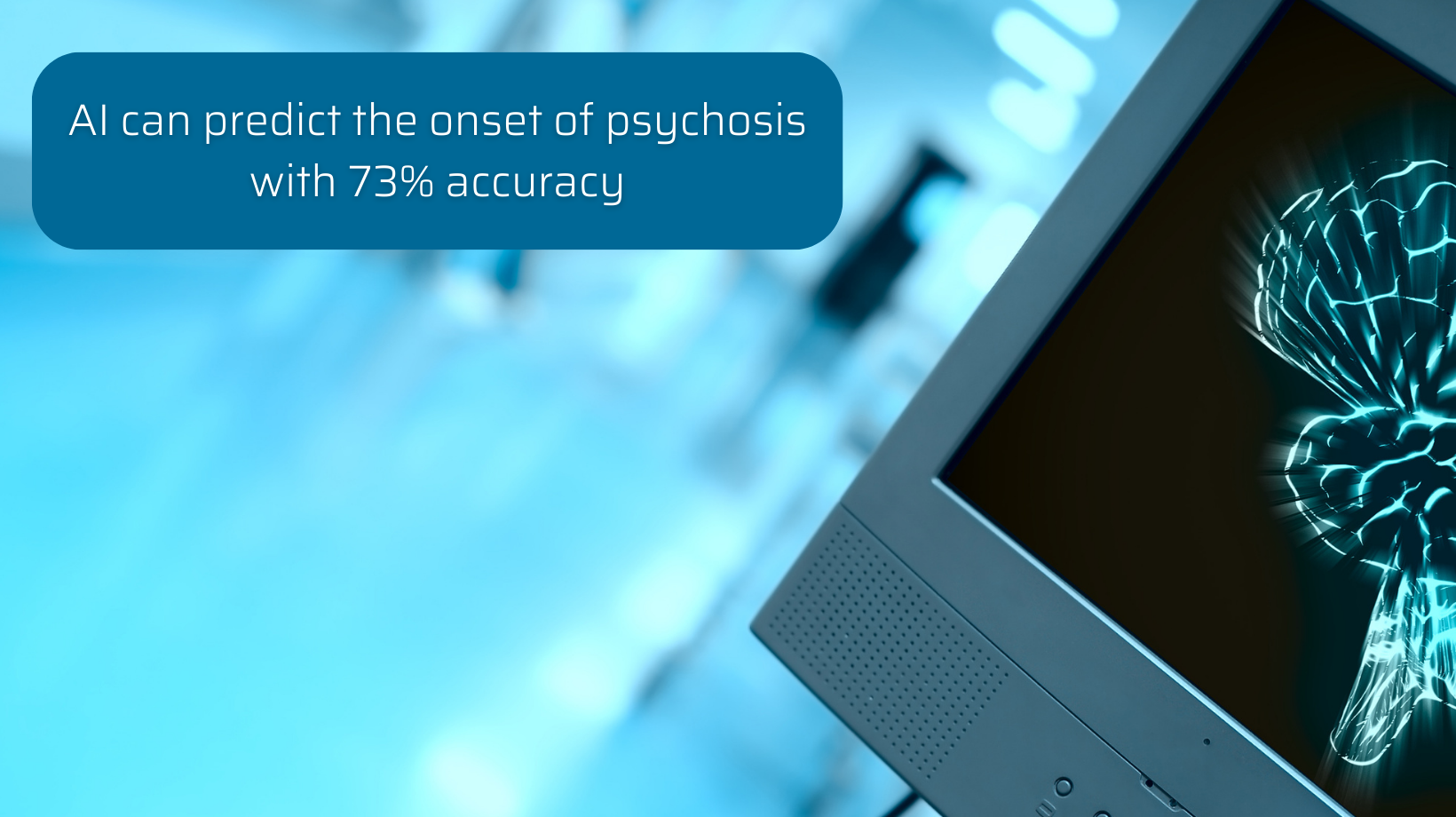Psychotic disorders pose significant challenges in research and clinical diagnosis due to the complexities involved in understanding their onset and progression. However, recent advancements in Artificial Intelligence (AI) offer promising solutions. A groundbreaking study published in the journal “Molecular Psychiatry” unveils a new AI model capable of predicting the onset of psychosis in individuals using brain scans.
The Challenge of Researching Psychosis
Dr. Shinsuke Koike, associate professor at the University of Tokyo’s Graduate School of Arts and Sciences, highlights the difficulties researchers face in studying psychotic disorders. Variations in brain development and MRI machines can hinder efforts to obtain accurate and comparable results. This makes it challenging to identify reliable biomarkers for predicting psychosis onset.
The AI Model
An international team of researchers tackled this challenge by developing an AI model trained on brain scans collected from over 2,200 adolescent and young adult participants from 21 locations worldwide. More than half of these participants were clinically identified as being at high risk of developing psychosis. The diverse nature of the study group allowed for a comprehensive analysis of brain patterns associated with psychosis.
Using MRI scans, the researchers trained a machine learning algorithm to detect patterns in the brain anatomy of participants. Previous studies have established structural differences in the brain accompanying the onset of psychosis. The research and studies provided a basis for the AI model’s training.
Accuracy of the Model
Results from the study revealed the remarkable accuracy of the AI model in predicting psychosis onset. On the training data, the model achieved an impressive 85% accuracy in distinguishing between individuals at high risk who later developed overt psychotic symptoms and healthy controls. When tested on new data, the model maintained a commendable 73% accuracy in identifying participants at high risk of psychosis onset.
Clinical Implications: Psychosis & AI
The implications of this AI model extend to clinical practice, offering the potential for earlier intervention and improved outcomes for individuals at risk of psychosis. Early identification of those likely to develop psychotic symptoms enables clinicians to implement interventions. Understanding the diagnosis before it can have any direct impact can help them mitigate the negative impact on patients’ lives. With timely intervention, individuals experiencing psychosis have a higher likelihood of full recovery.
Future Directions
The development of this AI model marks a significant advancement in the field of psychiatric research and clinical care. Future research efforts could focus on refining the model’s predictive capabilities and exploring additional biomarkers to further enhance its accuracy. Collaborative initiatives involving multidisciplinary teams are essential for the continued advancement and implementation of AI-driven approaches in mental health care.
The integration of AI technology into psychiatric research holds tremendous promise for revolutionizing the diagnosis and treatment of psychotic disorders. The AI model developed by Dr. Koike and his team represents a pioneering step towards early intervention and improved outcomes for individuals at risk of psychosis. By leveraging the power of AI, clinicians can better identify and support those in need, ultimately transforming the landscape of mental health care.
































